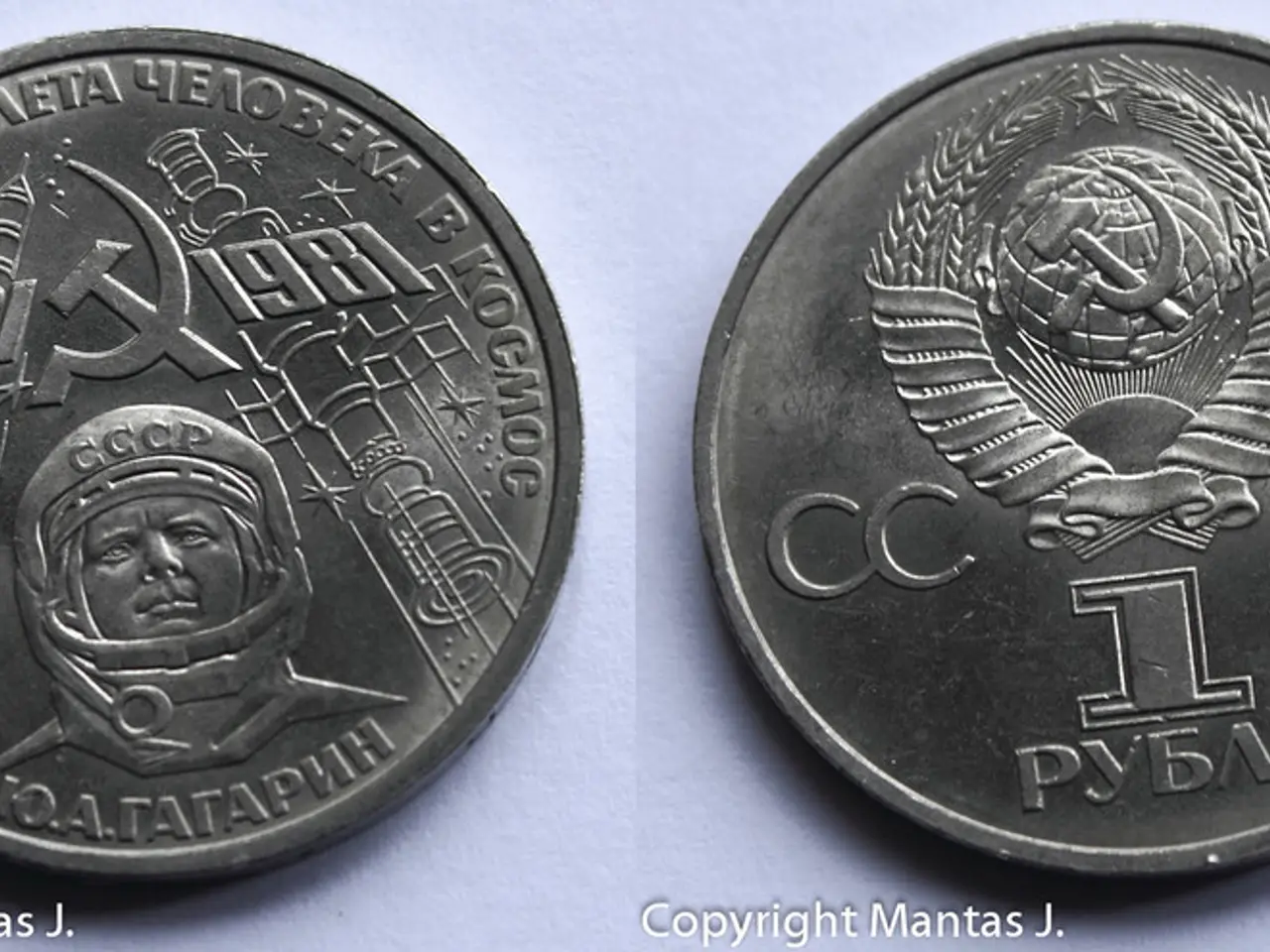Bolivian Adoption of Cryptocurrency in Currency Crisis - Implications for SHIB Owners
Bolivia and El Salvador have signed a groundbreaking partnership to collaborate on cryptocurrency policy development and share digital asset intelligence tools. This partnership, effective indefinitely as of mid-2025, aims to modernize Bolivia’s financial system and significantly expand access to financial services for families and small entrepreneurs who have traditionally been underserved [1][2][3].
The agreement was signed by Juan Carlos Reyes García, President of El Salvador's National Commission of Digital Assets (CNAD), and Edwin Rojas Ulo, Acting President of the Central Bank of Bolivia. This partnership takes immediate effect, but does not specify a timeline or expiration date [3][5].
El Salvador made history by becoming the first country to adopt Bitcoin as legal tender, and Bolivia is eager to learn from its pioneering crypto policies [1][2]. This partnership positions Bolivia to benefit from El Salvador's early experience with Bitcoin, as the country navigates its own financial challenges.
Since lifting a long-standing crypto ban in June 2024, Bolivia has seen a rapid increase in crypto activity. Trading volumes rose from $46.8 million in three months after the ban lift to $294 million by June 2025 [1][2]. The agreement with El Salvador is expected to accelerate this trend by providing regulatory guidance, risk analysis, and blockchain intelligence sharing [1][2][3].
The Central Bank of Bolivia described cryptocurrency as a "viable and reliable alternative" to traditional fiat currency amid the country’s ongoing economic challenges [1][2]. The partnership aims to enhance financial inclusion for households and small business owners, who often face barriers to accessing traditional financial services [2].
The growing presence of stablecoins in Latin America indicates a transformation in the financial sector, with digital assets and stablecoins becoming trusted alternatives for transactions in regions with monetary instability [6]. In a world where trust in central banks is fraying, demand for decentralized, transparent solutions could rise sharply [7].
The infrastructure surrounding community-led ecosystems like Shiba Inu gains new relevance as more governments and populations embrace decentralized finance. The partnership between Pakistan and El Salvador could have implications for Shibarium's future [8].
Stablecoins, decentralized exchanges, and layer-2s such as Shibarium are building blocks for alternative economies. The demand for tokens like SHIB could increase due to the growing interest in decentralized finance [9].
The Panama City Mayor's tease of a Bitcoin reserve could be significant, following El Salvador's lead. In a world where digital dollars are proving easier to trust, access, and move than their fiat counterparts, this partnership marks a notable shift for Bolivia [4].
In summary, Bolivia’s partnership with El Salvador is currently active and focuses on cooperative regulation, technology sharing, and financial inclusion via crypto adoption. Its potential impact includes modernizing Bolivia’s financial infrastructure, expanding crypto utilization among underserved populations, and fostering a more robust regulatory environment based on El Salvador’s pioneering crypto policies [1][2][3].
References:
- Reuters
- CoinDesk
- BBC News
- Cointelegraph
- Finance Magnates
- Bloomberg
- Forbes
- Decrypt
- The Block
Sports magazines might feature articles on how the partnership between Bolivia and El Salvador could influence the adoption of cryptocurrencies in traditional sports, as sports tokens become more popular in decentralized finance. The growing trend of stablecoins and blockchain technology in Latin America could open new opportunities for sports teams and athletes to utilize these digital assets for transactions, increasing the demand for sports tokens.







